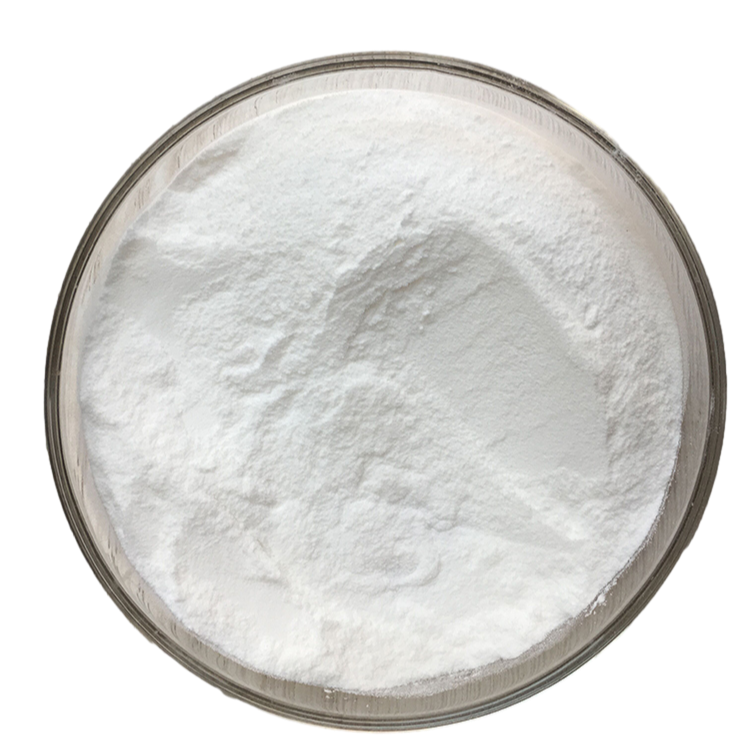-
Categories
-
Pharmaceutical Intermediates
-
Active Pharmaceutical Ingredients
-
Food Additives
- Industrial Coatings
- Agrochemicals
- Dyes and Pigments
- Surfactant
- Flavors and Fragrances
- Chemical Reagents
- Catalyst and Auxiliary
- Natural Products
- Inorganic Chemistry
-
Organic Chemistry
-
Biochemical Engineering
- Analytical Chemistry
- Cosmetic Ingredient
-
Pharmaceutical Intermediates
Promotion
ECHEMI Mall
Wholesale
Weekly Price
Exhibition
News
-
Trade Service
A new study shows that the intake of large amounts of artificial foodmate.
net/tag_1848.
html" class="zdbq" title="Sweetener-related food information" target="_blank">sweeteners may affect the body's response to sugar and may increase the risk of diabetes.
net/tag_1848.
html" class="zdbq" title="Sweetener-related food information" target="_blank">sweeteners may affect the body's response to sugar and may increase the risk of diabetes.
According to United International News Agency, Associate Professor Richard Young of the University of Adelaide School of Medicine in Australia pointed out that this study shows that the intake of artificial sweeteners may reduce the body’s blood sugar levels.
Control ability.
Control ability.
He explained that high-intensity sweeteners consumed after meals may cause the peak of human blood sugar levels to be "exaggerated.
" As time goes by, the amount of sugar intake by the human body is also increasing, which may eventually cause them to suffer.
Type 2 diabetes.
The results of this study were presented at the annual meeting of the European Association for Diabetes Research.
" As time goes by, the amount of sugar intake by the human body is also increasing, which may eventually cause them to suffer.
Type 2 diabetes.
The results of this study were presented at the annual meeting of the European Association for Diabetes Research.
The study was small in scale, with only 27 participants, and lasted for two weeks, so more research is needed.
But an American diabetes expert pointed out that this study has raised some interesting questions.
But an American diabetes expert pointed out that this study has raised some interesting questions.
After reading the Australian study report, Dr.
Roubert Courgi, an endocrinologist at Southside Hospital in Bayshore, New York, pointed out that the study proved that artificial sweeteners have a high glucose [blood sugar] in people who heavily consume artificial sweeteners.
] The response is hindered, he said, “This research reaffirms that artificial sweeteners affect the body’s response to glucose.
”
Roubert Courgi, an endocrinologist at Southside Hospital in Bayshore, New York, pointed out that the study proved that artificial sweeteners have a high glucose [blood sugar] in people who heavily consume artificial sweeteners.
] The response is hindered, he said, “This research reaffirms that artificial sweeteners affect the body’s response to glucose.
”
In this study, 27 healthy people were randomly selected to consume capsules containing artificial sweeteners or a "virtual" placebo.
The capsules are taken three times a day before meals for two weeks.
The researchers pointed out that the total dose of sweetener capsules consumed by participants throughout the day was equivalent to drinking more than 1.
5 quarts of artificial sweetener beverages.
The capsules are taken three times a day before meals for two weeks.
The researchers pointed out that the total dose of sweetener capsules consumed by participants throughout the day was equivalent to drinking more than 1.
5 quarts of artificial sweetener beverages.
Two weeks later, tests showed that participants who took artificial sweeteners had a change in their response to sugar, while those who took a placebo did not.
Younger pointed out that previous studies have shown that regular consumption of large amounts of artificial sweeteners can increase the risk of type 2 diabetes.
Younger pointed out that previous studies have shown that regular consumption of large amounts of artificial sweeteners can increase the risk of type 2 diabetes.
American nutritionists believe that although artificial sweeteners look like a healthy sugar substitute, unlike real sugar, which has higher calories, related foods still have health risks, and excessive consumption is still unhealthy.
Quinnipiac University nutritionist Dana White pointed out that eating too much fake sugar can cause health problems just like eating too much real sugar.
The focus on sweeteners is long-term.
The amount used is huge, so, as nutrition experts always say, moderation is the key.
The focus on sweeteners is long-term.
The amount used is huge, so, as nutrition experts always say, moderation is the key.
Karrich believes that low-calorie sweeteners sometimes encourage unhealthy eating behaviors.
Some artificial sweetener foods may contain less sugar than others, but they are not without health effects.
Therefore, consumers should still consume these products with caution, because excessive amounts will increase people's risk of diabetes.
Some artificial sweetener foods may contain less sugar than others, but they are not without health effects.
Therefore, consumers should still consume these products with caution, because excessive amounts will increase people's risk of diabetes.
For this study, the Calorie Control Committee, which represents the manufacturer of artificial sweeteners, did not respond.






